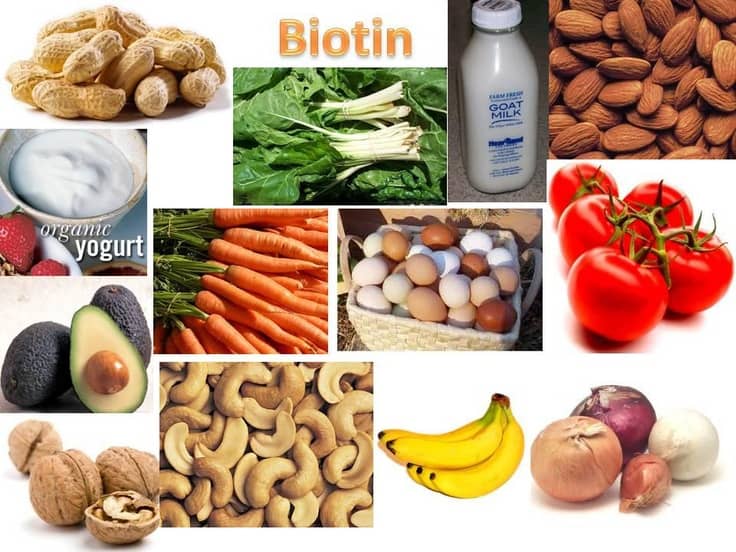
Recommended Daily Allowance
Men 30 micrograms Women 30 micrograms
Men 30 micrograms Women 30 micrograms
Vitamin B7, better known as Biotin, is the seventh of the eight water-soluble B-vitamins. Biotin assists in cell growth, fatty acid production as well as the metabolism of carbohydrates, fats and proteins. Biotin is also important in the utilization of the other seven B-vitamins by the body. Biotin promotes healthy sweat glands, nerve tissue, bone marrow, while also relieving muscle pain. A deficiency in biotin is rare due to the fact that it can be produced in the intestines from several food sources such as: brewer's yeast, cooked egg yolks, meat, milk, poultry, saltwater fish, soybeans and whole grains. However, if a biotin deficiency does occur it can result in anemia, depression, hair loss, high blood sugar and muscular pain among other things.
Nutrition 101 is brought to you by:
Follow us on:
intstagram: @enmotion_training
.jpg)



